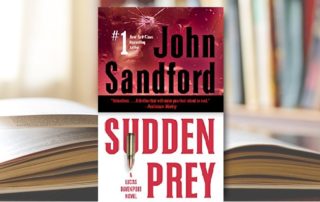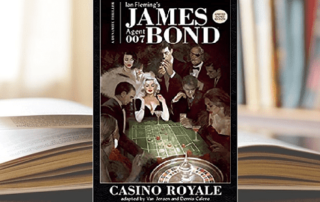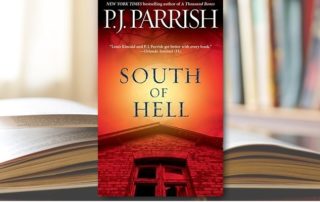Reviewing SUDDEN PREY by John Sandford Considering characterization and its impact on story in a bestselling crime series
[by Ross Browne]
Anyone familiar with my taste in books probably knows how much I love John Sandford and admire his skills as a writer. One reason I like his Lucas Davenport series so much is that these deftly plotted novels usually go deep into the minds of deranged killers in seriously […]






